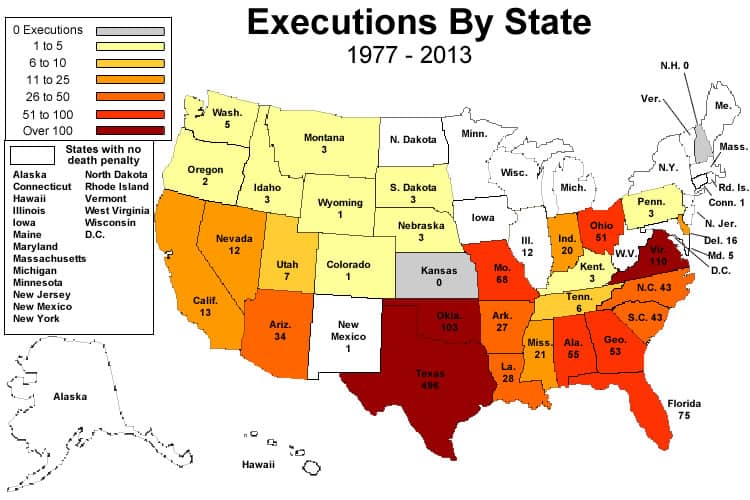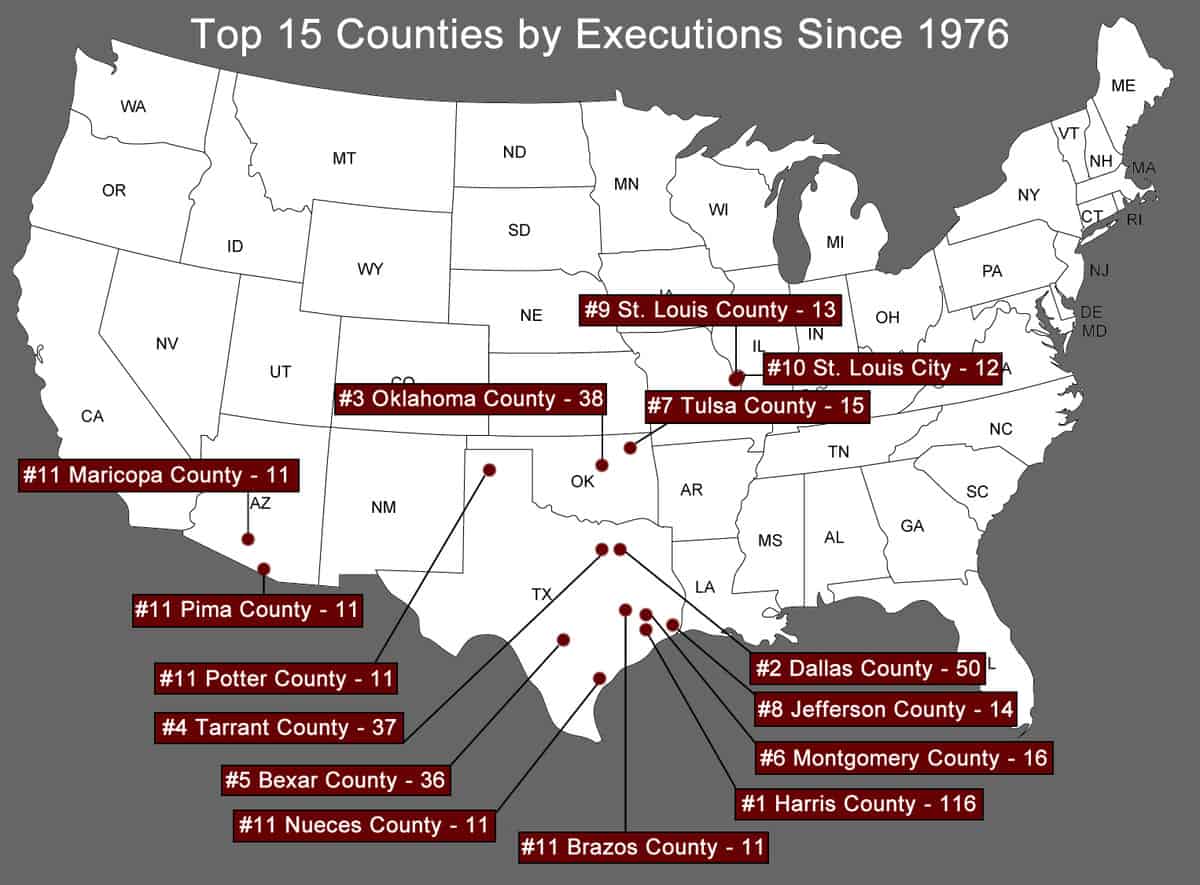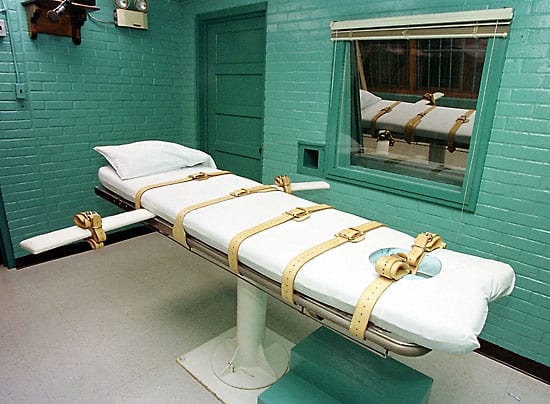Ray Jasper, a death row inmate, did not commit murder. The person who did commit the murder was not sentenced to death. Jasper describes this seeming injustice in a recent letter to Gawker "Under the Texas law of parties, they say it doesn't matter whether I killed the victim or not, I'm criminally responsible for someone else's conduct. But I was the only one given the death penalty." This statute allows for those who did not commit murder but participated in a crime that resulted in homicide to be sentenced to the death penalty as if they committed the murder themselves, a guilt by association of sorts.
Ruled completely unconstitutional and in violation of the 8th and 14th amendments in Enmund v. Florida (1982), the law of parties was ruled admissible only in one situation according to Tison v. Arizona (1987)—where the accused showed a "reckless disregard for human life implicit in knowingly engaging in criminal activities known to carry a grave risk of death." William J. Brennan penned the dissent in the case along with Thurgood Marshall, Harry Blackmun, and John P. Stevens, disagreeing on the equation of "intent to kill" by the participants with acting in a crime that has a "forseeability of harm" by the majority, concluding in their dissent that "death penalty is in all circumstances cruel and unusual punishment prohibited by the Eighth and Fourteenth Amendments." In his conclusion, Brennan stated that one of the main reasons that the death penalty constitutes cruel and unusual punishment is the concept of arbitrariness.

Ray Jasper also mentions the geographical aspects of the death penalty in in his letter, "I don't agree with the death penalty. It's a very Southern practice from that old lynching mentality. Almost all executions take place in the South with a few exceptions here and there. Texas is the leading State by far." As shown in the map, Texas strongly outweighs the number of executions in any other state. At 496 from 1977-2013, Texas has more executions than Virginia, Oklahoma, Florida, Georgia, Alabama, Missouri, and Ohio combined. These regional variations by state may be expected or excused, because of the great difference in laws between states regarding the death penalty as well as differing crime rates and populations. However, the true evidence of geographical arbitrariness lies in county variations, as the death penalty is not applied equally over states.

The death penalty is a symbol of an unjust justice system, where the ability of a defendant to afford proper counsel could mean life or death, where the unseen actions of others could bring death to a nonviolent offender. The race of the victim could be the difference between a lethal injection or life imprisonment. Whether the crime was committed in Harris County, TX or the next one over could factor into the sentence the judge hands down. The system is arbitrary. A serious punishment, death row, cannot justly depend on random factors such as race, geography, or quality of an appointed defender. With no clear solution to the arbitrariness issue, Harry Blackmun came to the same conclusion as Brennan: "It [is] impossible to administer the death penalty in a constitutional manner..."
Action Groups/Non-Profits:
American Civil Liberties Union
National Coalition to Abolish the Death Penalty
[Image Attribute: Death Penalty Focus]
